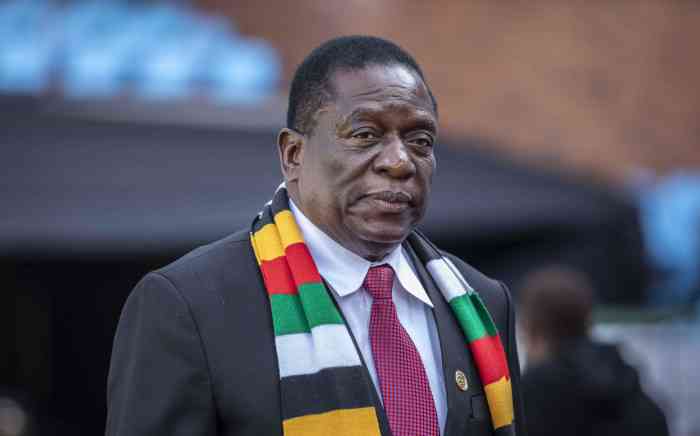
ZANU PF has admitted that economic implosion is a big threat to its bid to retain power in next year’s general elections.
In its central committee (CC) report released last week, Zanu PF said high inflation and exchange rate volatilities were causing discontent among the populace.
“Prices have been determined by the foreign currency black market rate. That scenario had caused much volatility within the economy to the extent of becoming a security threat which consequently had blighted Zanu PF’s chance of a landslide win in the 2023 harmonised elections,” the CC report read.
Sources within government say multiple intelligence reports presented to President Emmerson Mnangagwa show a fertile ground of social upheaval similar to the 2019 fuel protests that were triggered by economic hardships.
The latest Afrobarometer survey also shows that a growing majority of Zimbabweans (72%) say the country is economically going in the wrong direction.
Latest World Bank statistics indicate that Zimbabwe has the highest food inflation of 353%, followed by Lebanon at 240% and Venezuela at 131%.
As part of measures to neutralise the threats posed by the economic implosion, Zanu PF said food aid should be stepped up because “failure to do so will result in people voting with their stomachs”, as the party also expressed fear that the opposition Citizens Coalition for Change (CCC) is penetrating Zanu PF rural strongholds.
The CC report states that the ruling party sees the small stipends of between US$10 and US$20 that are paid out to the vulnerable by aid agencies such as Goal Zimbabwe, Danish Church Aid and Plan International as a threat to its rural stranglehold.
- Govt blames accidents on speeding drivers
- ED sons venture into showbiz
- Corruption Watch: Get scared, 2023 is coming
- ED sons venture into showbiz
Keep Reading
In May, government scrapped import duty on designated basic commodities, a move described by some as punishment to local manufacturers accused of sinister motives aimed at regime change through wanton price increases.
Duty was suspended on key products including salt, rice, flour, sugar, margarine, maize meal, milk powder, infant formula and tea leaves.
Mnangagwa hinted that the government was going to take punitive measures against some businesses which he labelled as saboteurs and regime change agents.
Witwatersrand University-based political analyst Romeo Chasara said although the economy was going to play a factor in determining the outcome of next year’s polls, there were, however, other factors that would come into play in elections.
“Many people are frustrated with the economy, and yes, it will be one of the biggest issues against Zanu PF in the 2023 elections. However, there are other issues such as violence and coercion which will work in their favour, especially in rural areas,”Chasara said.
Another political analyst Gibson Nyikadzino said: “Yes, the economy will play a factor in how the electorate chooses leaders in 2023. All economies are anchored on land, and Zimbabwe is no exception. Every economic outlook from now is a product of how the land is used. And, there is no better way for any party to win the next elections than correctly messaging a clear message on the economy.”
He said Zanu PF had a clear economic model premised on land, minerals and human resources.
- lFollow us on Twitter @NewsDayZimbabwe










